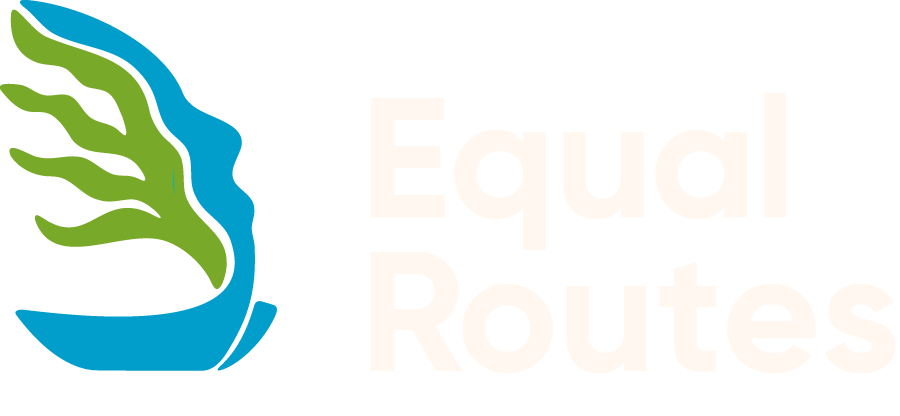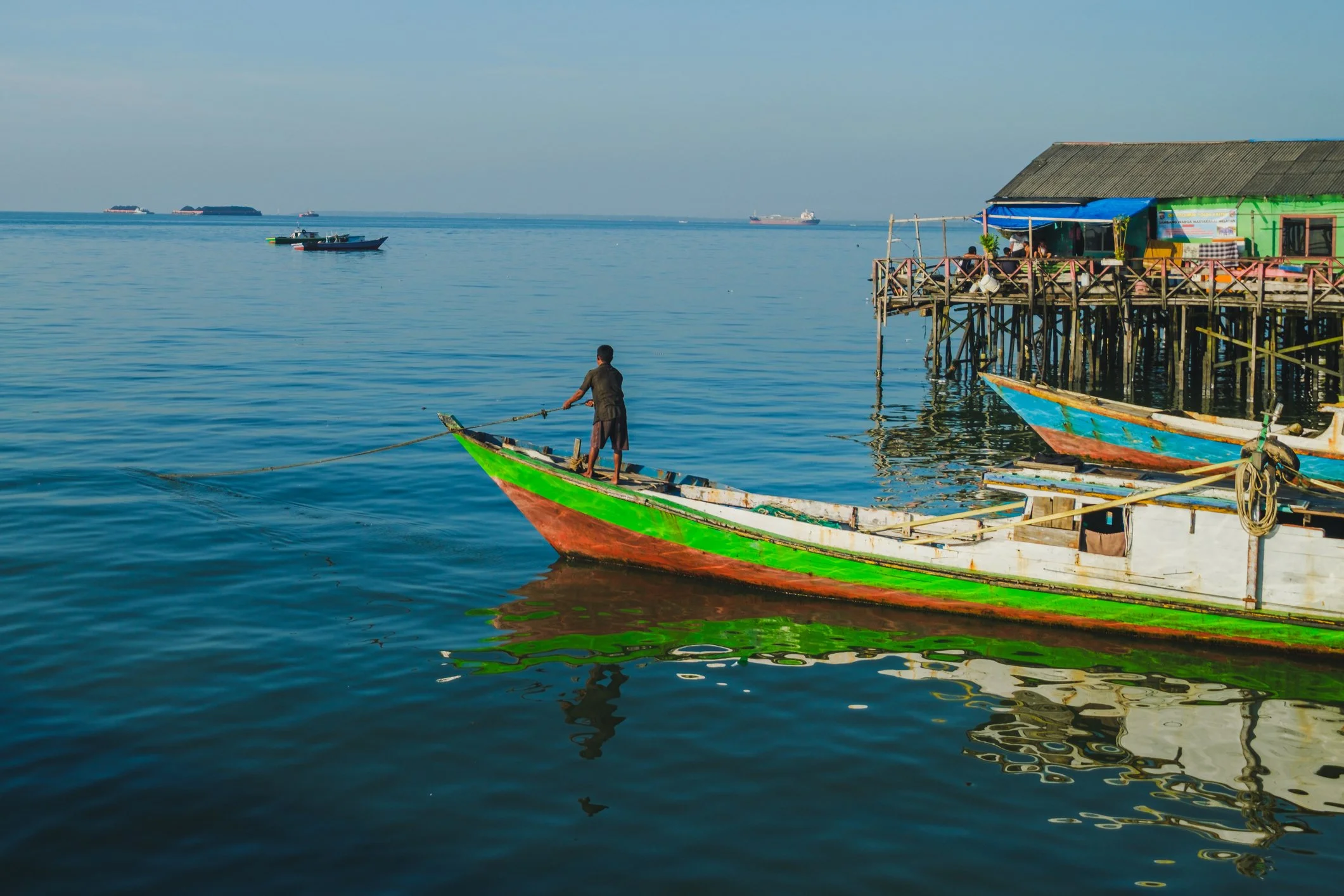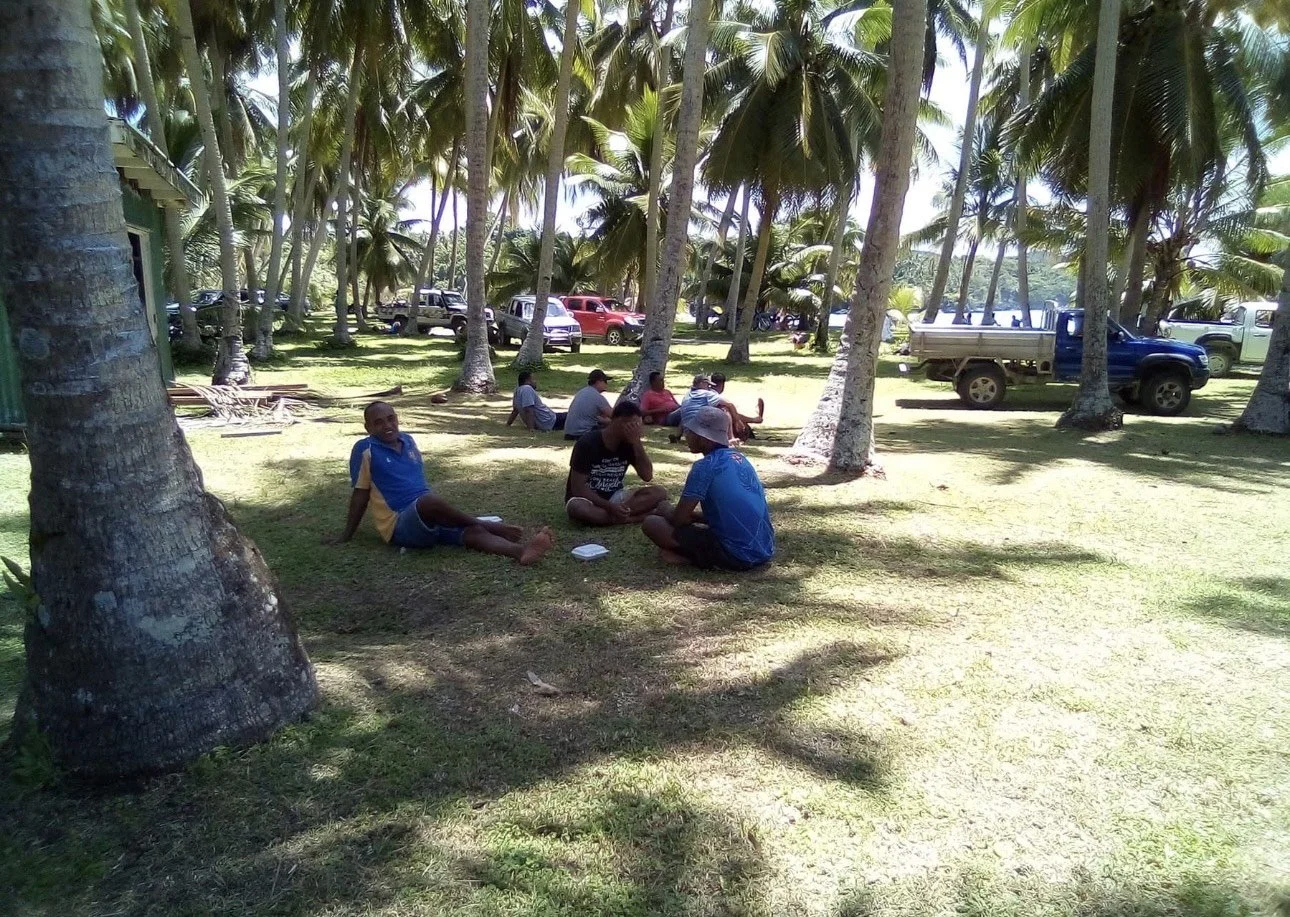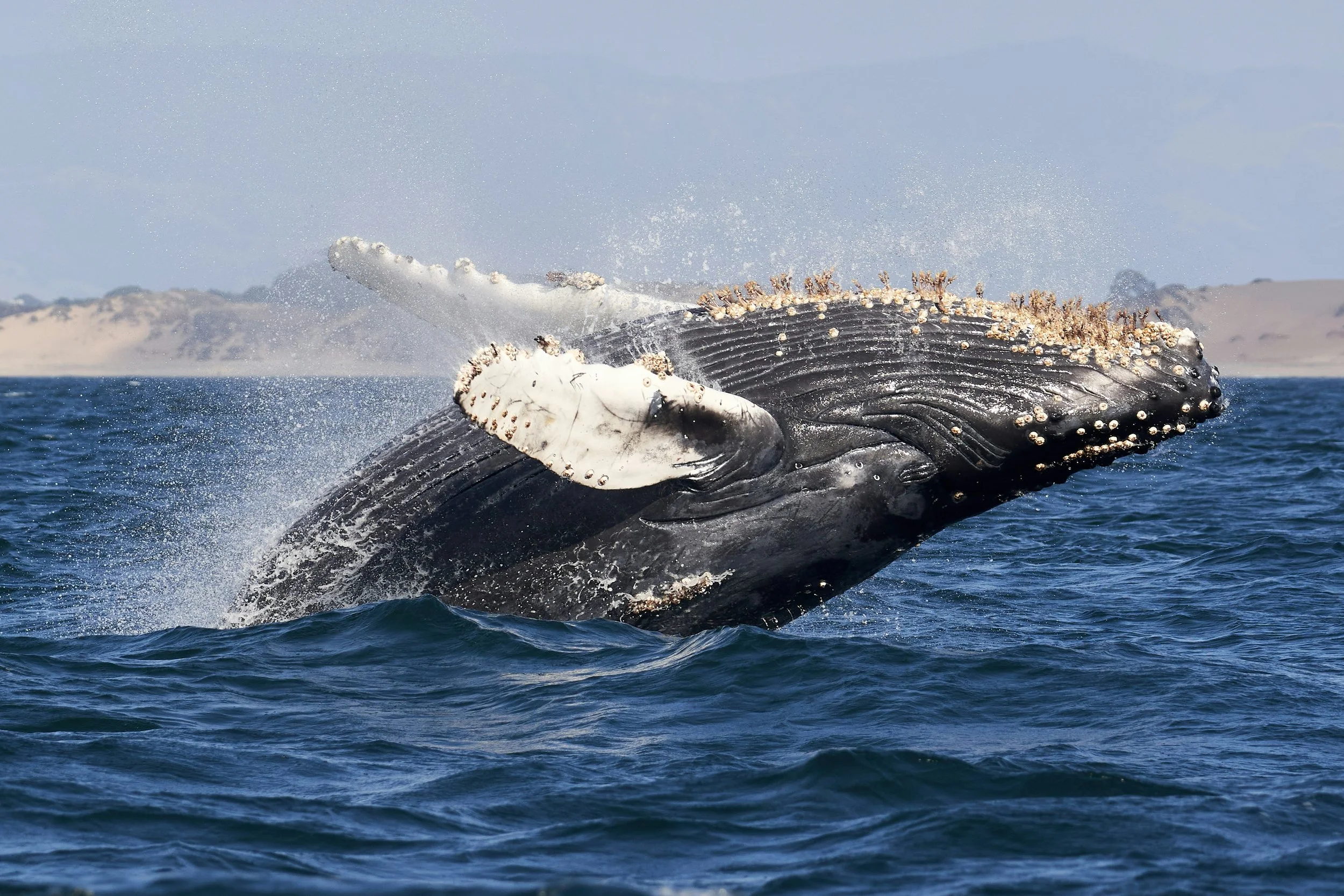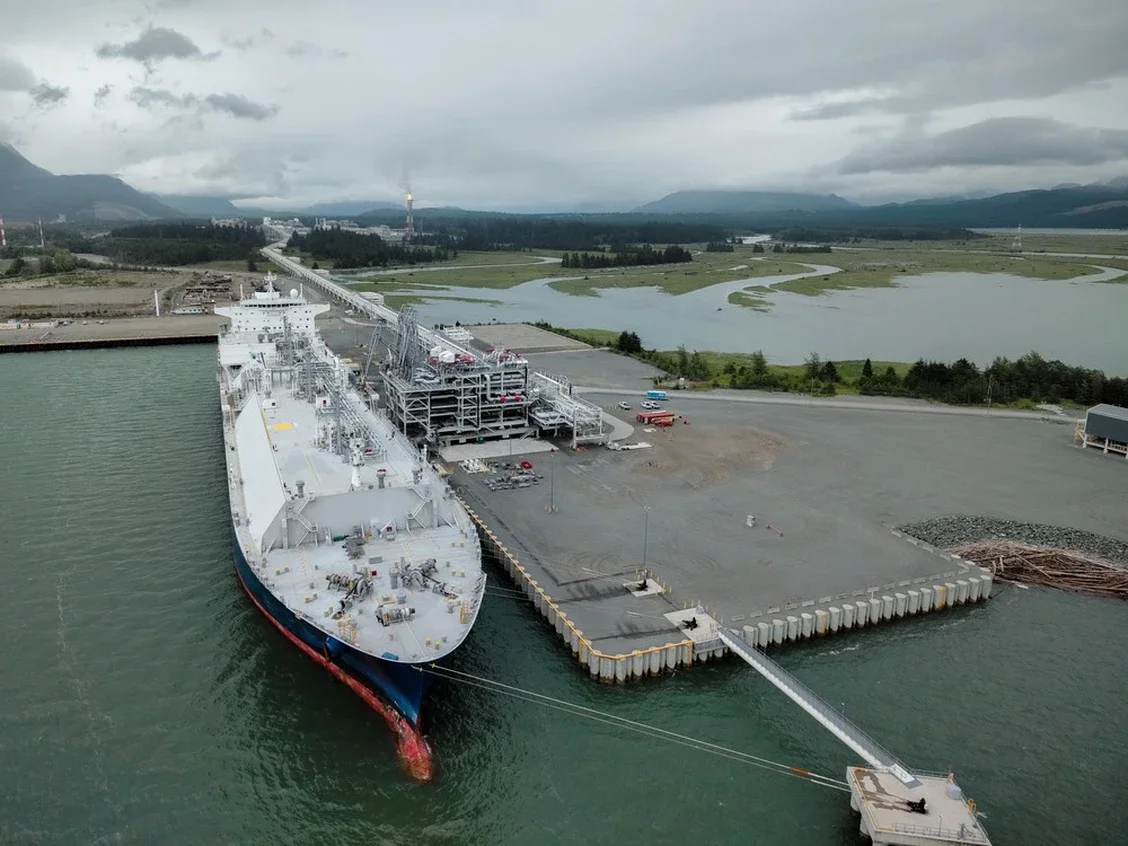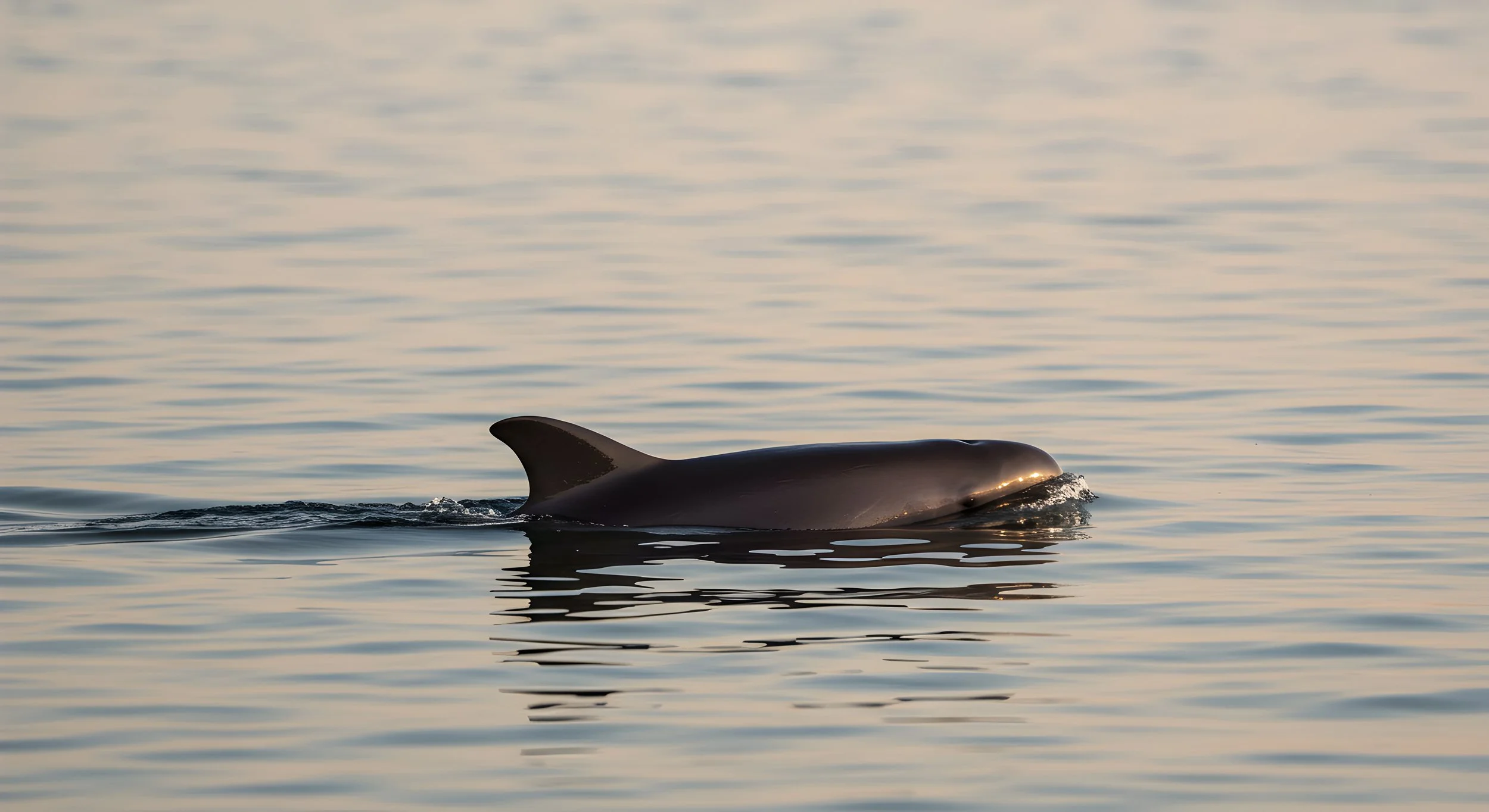We center communities and rights holders to create a sustainable and equitable marine shipping sector.

We work to build a decarbonized maritime industry that focuses on human rights, ocean health and climate equity.

Recent Updates

Shipping by the numbers
Introduction of invasive species:
60-90%
Shipping introduces 60 to 90% of invasive species into new marine ecosystems, disrupting biodiversity and threatening local economies.
Contribution of NOx emissions:
15%
In 2015, ships contributed 15% of global NOx emissions, a major air pollutant linked to thousands of premature deaths, especially in coastal communities.
Generation of greenhouse gas emissions:
3%
Shipping generates nearly 3% of global greenhouse gas emissions. Methane and black carbon emissions are rising, with especially harmful effects in the fragile Arctic region.
